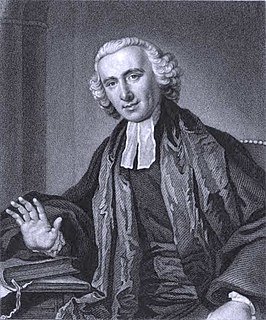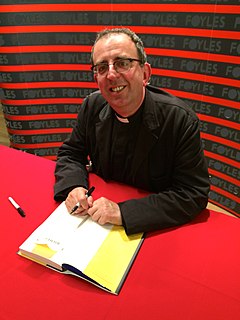A Quote by Ludwig Mies van der Rohe
Nothing can express the aim and meaning of our work better than the profound words of St. Augustine - 'Beauty is the splendor of Truth.'
Related Quotes
Intelligence is derived from two words - inter and legere - inter meaning 'between' and legere meaning 'to choose'. An intelligent person, therefore, is one who has learned 'to choose between'. He knows that good is better than evil, that confidence should supersede fear, that love is superior to hate, that gentleness is better than cruelty, forbearance than intolerance, compassion than arrogance, and that truth has more virtue than ignorance.
For what St. Augustine said is true, that one can sing nothing worthy of God save what one has received from Him. Wherefore though we look far and wide we will find no better songs nor songs more suitable to that purpose than the Psalms of David, which the Holy Spirit made and imparted to him. Thus, singing them we may be sure that our words come from God just as if He were to sing in us for His own exaltation. Wherefore, Chrysostom exhorts men, women, and children alike to get used to singing them, so as through this act of meditation to become as one with the choir of angels.
If European symbols and traditions have grown tired, perfunctory and oppressively banal in Australia, or been drained of spirit and meaning by the dreary dictates of materialism and secularity, then the raw spirit truth of our native land is alive and radiant by comparison. For joy and meaning we might well turn to our natural country and witness miracles of vitality and new life, of inspiration and profound beauty; all in some humble, quiet and improbable place.
If you want to be good at anything, you have to work hard at it. It doesn't just fall from the sky. I work every day at trying to improve my writing, and I really enjoy it. Nothing fascinates me more than putting words together, and seeing how a collection of words can produce quite a profound effect.
Beauty is a key to the mystery and a call to transcendence. It is an invitation to savor life and to dream of the future. That is why the beauty of created things can never fully satisfy. It stirs that hidden nostalgia for God which a lover of beauty like Saint Augustine could express in incomparable terms: 'Late have I loved you, beauty so old and so new: late have I loved you!'.
I believe that in a certain way this is proof of the truth of Christianity: Heart and reason encounter one another, beauty and truth converge, and the more that we ourselves succeed in living in the beauty of truth, the more that faith will be able to return to being creative in our time too, and to express itself in a convincing form of art.








































